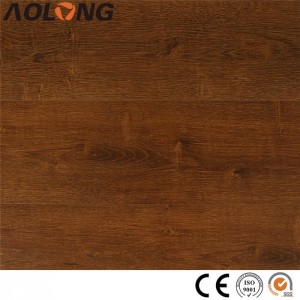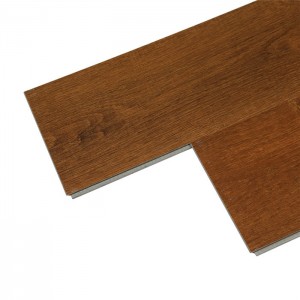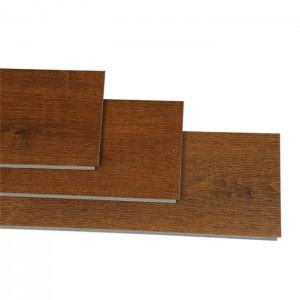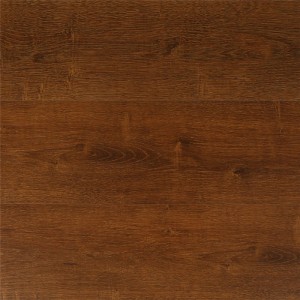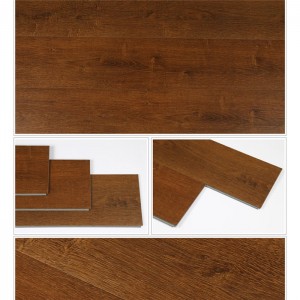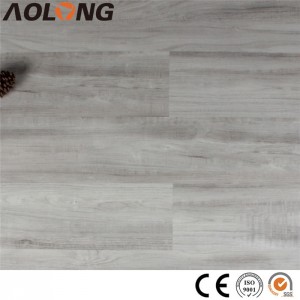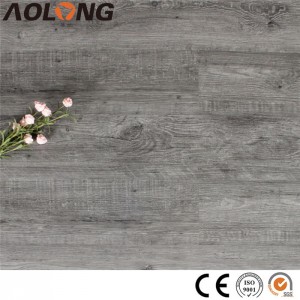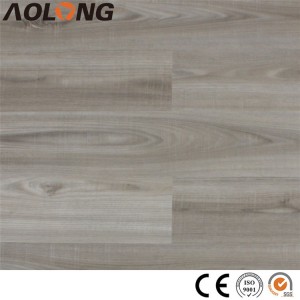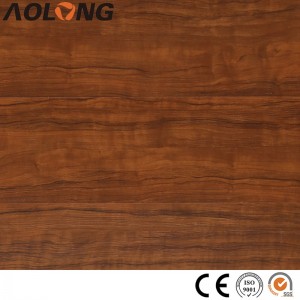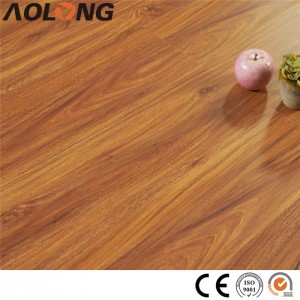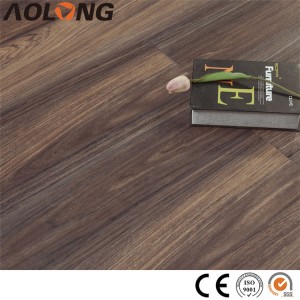Recently, a problem was found, it seems everyone knows about wood floor and tile floor, but it is not surprising that when it comes to SPC floor. First of all, we start with the origin of the floor. The history of wood flooring is said to have been produced in the East and West as early as ancient times. But there was no standard at that time. Until now, it has been gradually improved. Although it is said that it is said that it is also practical, it is said that tree and wood are the witnesses of human origin and survival, Most of the earliest tools and weapons used by human beings are caused by trees. The first clothes are also leaves of trees. Of course, there are many other brain mending for yourself! The history of tiles should be traced back to BC, when Egyptians began to decorate various types of houses with tiles. Clay bricks are dried in sunlight or baked, then colored with blue glaze extracted from copper. Tiles were also found in Mesopotamia BC. The tiles were decorated with blue and white stripes, and later more styles and colors emerged. China is the center of ceramic art, and a fine white stoneware was produced as early as Shang Yan period.
The origin of SPC floor is better than that of the above floor, but in many ways, it is better than those of the floor predecessors (explain it right away), but few people believe it. In fact, sometimes I feel that people have been living in the problem finding and solving. Today we find the disadvantages of wood floor and tile without changing it. So it may be our children and grandchildren that the harm may be. Therefore, citizens of every mass country in our society should solve the problems to benefit mankind.




| Specification | |
| Surface Texture | Wood Texture |
| Overall Thickness | 6mm |
| Underlay(Optional) | EVA/IXPE(1.5mm/2mm) |
| Wear Layer | 0.2mm. (8 Mil.) |
| Size specification | 1210 * 183 * 6mm |
| Technical data of spc flooring | |
| Dimentional stability/ EN ISO 23992 | Passed |
| Abrasion resistance/ EN 660-2 | Passed |
| Slip resistance/ DIN 51130 | Passed |
| Heat resistance/ EN 425 | Passed |
| Static load/ EN ISO 24343 | Passed |
| Wheel caster resistance/ Pass EN 425 | Passed |
| Chemical resistance/ EN ISO 26987 | Passed |
| Smoke density/ EN ISO 9293/ EN ISO 11925 | Passed |


